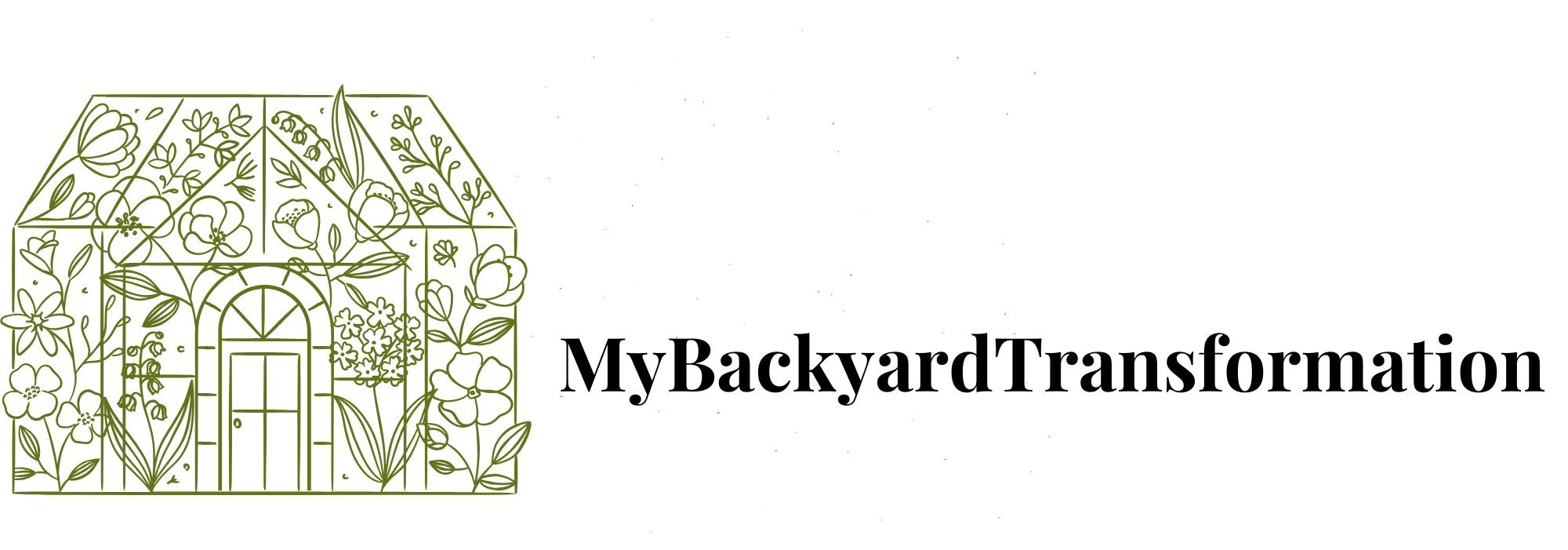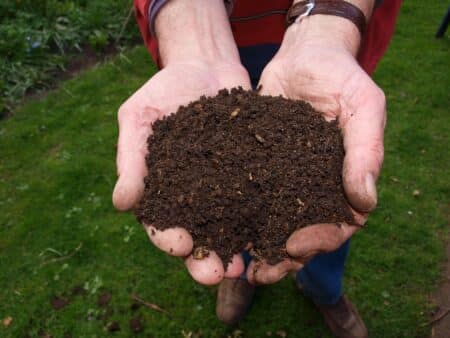Compost can be made from just about any type of organic material. The great thing is that we have tons of it from our food leftovers or lawn and garden clippings.
You can collect food, fruit and vegetable scraps, straw, leaves, grass clippings, wood chips, and small twigs and put them in a pile which will then break down. When you add compost to your soil, it adds beneficial insects, worms and nutrients to enhance the growth of your plants.

Compost is basically, decomposed organic matter. It is an amendment to the soil that is often called, “black gold.” It can help vegetables fight against disease and can also enhance the flavor and nutrition. Composting allows you to grow healthier plants and it will reduce the amount of trash you have.
Compost is used to feed the soil nutrients. Fertilizer is used to feed your plants. They are not the same things. You can add as much compost to your soil as you’d like but you have to be careful how much fertilizer you add. It’s best to use compost and fertilizers together. The compost will actually hold the nutrients from the fertilizer until the plant needs them.
Compost is made from layers of leaves, grass clippings and kitchen scraps but do not add meat, greasy foods or pet droppings to the pile. If a lot of the material is kitchen scraps, you should use a composter that is enclosed. This will keep unwanted animals away from the compost.
When you start a new compost pile, be sure that you add a little bit of topsoil or other compost on top to add the microorganisms needed to begin the decomposition process. Adding just a sprinkle of organic fertilizer will speed up the decomposition because of the nitrogen in it.
The most important thing to remember is that you should use three parts brown materials to one part green materials. Browns typically come from materials such as leaves, hay, straw, newspapers, cardboard, sawdust or pine needles. Greens are typically come from materials such as grass clippings, kitchen waste, manure, organic fertilizers and coffee grounds.

Make sure that you keep the materials well-aerated and water the pile regularly. To add air, turn the compost with a turning fork. You can also purchase a composter with a handle to tumble the materials. By turning the pile, it speeds up the compost. Even if you don’t turn the pile, compost will form but it will take more time.
When the compost is finished, it will have the appearance of rich brown soil and will have a good, earthy smell. If it stinks, that means that you’ve added too much water or green materials or it could mean that it’s not done yet. Add more brown ingredients or try turning the pile more to see if that helps.
You can use the compost when it’s done for healthier soil. It will save you money and keep material out of the landfill. Once you add compost, it stays in the soil permanently and will help to feed your garden for years to come.

